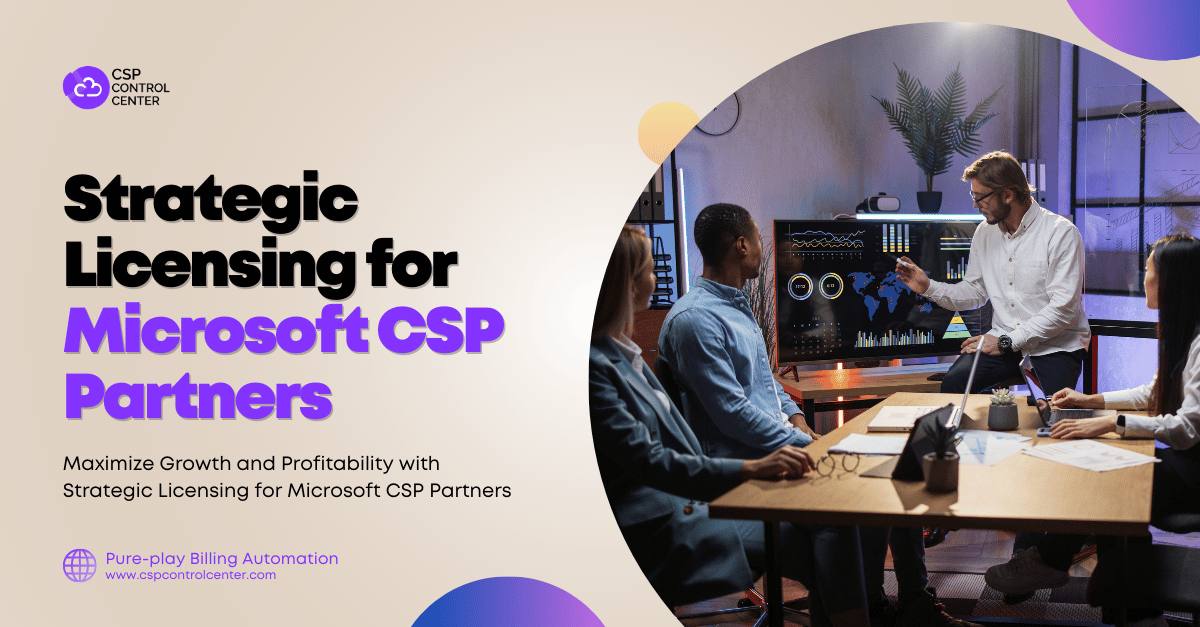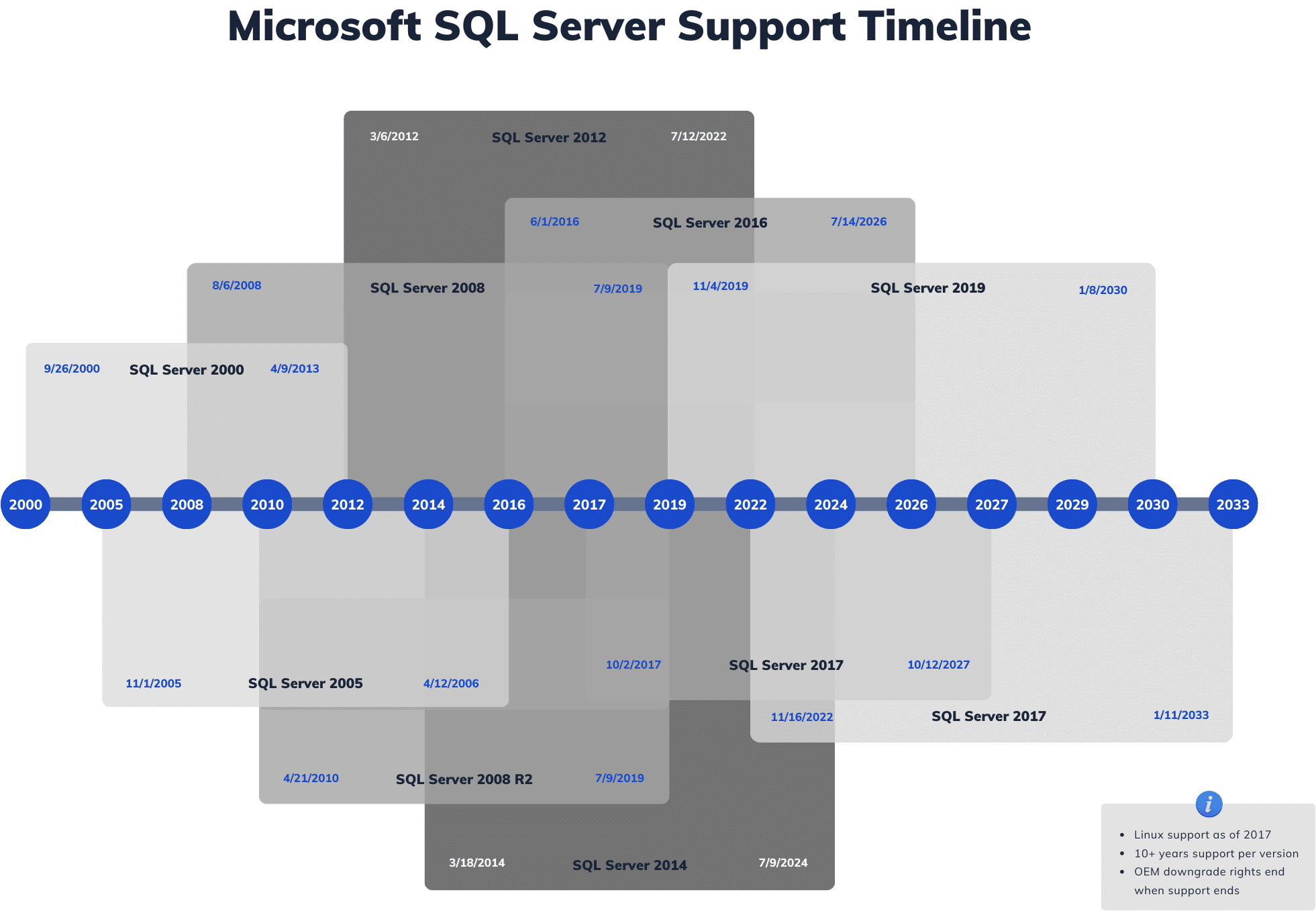Microsoft enterprise LSPs could see incentives drop to less than $8K ...
Microsoft enterprise (tier one) Licensing Solution Partners (LSPs) are expected to experience a significant decline in incentives within the next 12 months. This shift in incentives is a result of Microsoft's move towards newer licensing models such as Microsoft Customer Agreement (MCA) and Cloud Solution Provider (CSP), as highlighted by Gartner.
Changes in Incentives
The adjustments to these incentives are scheduled to take effect from January 2025, as Microsoft continues to strengthen its focus on cloud-based solutions and artificial intelligence. Currently, leading organizations procure enterprise Microsoft products through LSPs. In Australia, examples of LSPs include Data#3, Datacom, and Insight, offering a range of solutions from workplace products to Azure and Dynamics.

In an interview with ARN, local Gartner analyst Domenico Scriva discussed the impact of these changes on partners. Scriva highlighted that starting January 2025, the incentives for LSPs are expected to decrease significantly. For instance, a partner dealing with a ‘Level A’ client with 1,000 Microsoft 365 E5 seats could see annual incentives drop from $148,000 to as low as $7,600.
Shift in Strategy

According to experts, Microsoft's evolving licensing strategy aims to encourage long-term skill development within the ecosystem, particularly in areas like cloud services and AI. The introduction of programs such as Microsoft Customer Agreement - Enterprise (MCA-E) signifies a shift towards direct transactions between customers and Microsoft, bypassing traditional partner involvement.
With these changes, partners are evaluating how to navigate the evolving landscape and provide value-added services to adapt to the new incentive structures. The transition from perpetual licenses to cloud subscriptions is a key focus, with Microsoft incentivizing the move to cloud-based solutions.
Partnership Recommendations
Partners are advised to explore strategies that enhance their CSP models to maximize incentives and adapt to the changing pricing structures. The emphasis on value-added services and support becomes crucial in the new ecosystem, where partners need to differentiate themselves beyond transactional engagements.

These transformations in Microsoft's licensing approach are reshaping the industry, prompting service providers to reevaluate their business models and offerings. While challenges lie ahead, the opportunity for growth and innovation remains for those willing to adapt and thrive in the evolving technology landscape.
As the industry continues to evolve, partnerships and collaborations will play a pivotal role in determining the success of organizations in navigating these changes and delivering value to customers.










